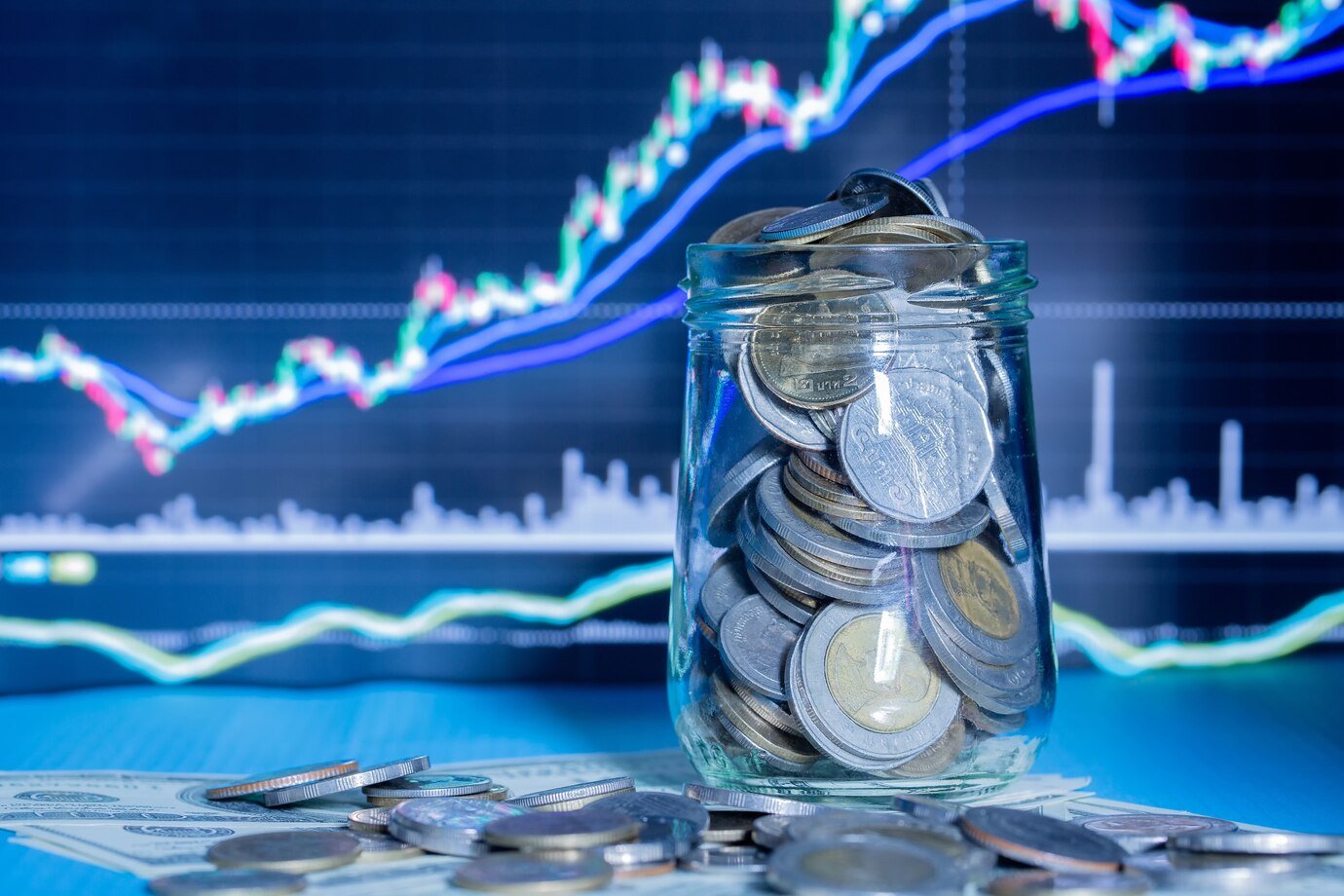Egypt – Kingdom of Saudi Arabia
Future global financial and economic uncertainty has made buyers and sellers more cautious in dealmaking. According to the Data provider, Refinitive cross-border deals have dropped in 2022 to $3.56 Trillion from a high of $5.7 Trillion in 2021. Global geopolitical changes, inflation, interest rate hikes, and scores of military conflicts have all contributed to this 2nd half of 2022 investment anxiety.
According to FDI Intelligence, by 2022 year-end, the number of cross-border deals in North America has dropped by 21.3%, in Europe by 8.6%, and by 14.4% in Asia. Gulf countries’ sovereign wealth funds were quite busy during the same period. Industry specialist Global SWF firm stated that five of the ten most active investors in 2022 were from the Gulf region, deploying over $50 billion across a diverse mix of industries and regions. This increase is the highest since 2018. The Saudis, Emirates, and Qatar led the way in the area with large oil revenue injections available in 2021 and 2022.
The $50 billion invested in 2022 were not immune from the global market disruptions in the USA and European markets. Most of these gulf funds did take a hit off their overall balance sheets from exposure to American and European markets. But overall, most recovered quicker than other international non-oil-based funds due to the continuous injection of oil revenues.
I believe, and from a foreign policy perspective, the political clout and lobbying powers these petrodollars bring are well worth the short-term financial risk.
The Sovereign Wealth Fund of Egypt (TSFE):
Egypt’s biggest asset is its large domestic market of 110 million and a large pool of educated and skilled workers across many industries that foreign investors find attractive.
- As part of Egypt’s 2030 vision, and in cooperation with Etisalat Misr, TSFE launched a microfinance project Erada to support small start-up businesses to provide jobs and financial support for the youth in FinTech and digital transformation. So far, over 3.8 million individuals and companies have benefited, with over $1 billion disbursed.
- TSFE acquired a 20% stake in the Egyptian-owned private equity fund B investments. Close to 2 billion EGY pounds were committed to the new sub-fund for health services and pharmaceutical industries to attract gulf investors as crucial financial supporters. The fund’s early focus was on the Egyptian Center for IVF and the reproductive health sector.
- TSFE is in discussion with the Abu Dhabi development company (ADQ) for the development and operation of the Suez area port Tawfiq.
- TSFE is in ongoing discussion with the Saudi PIF, the Abu Dhabi Investment Authority (ADIA), and the Qatar Investment Authority (QIA) to invest in Egypt’s water-renewables-powered desalination projects. The deal is estimated at $3 billion, with TSFE as a part owner.
- During the 2023 World Economic Forum, TSFE chairwoman Mrs. Hala El-Said met with the world’s largest investment management company BlackRock with a possible future investment in green renewable projects in Egypt.
For geopolitical reasons and the region’s future political and economic stability, Gulf region funds will continue to pour money to support investments into the Egyptian economy, especially in strategic projects that would benefit a large portion of the population by providing good-paying jobs and decreasing the current problem of income and social inequality.
The Saudi Public Investment Fund (PIF):
In its continuous effort to meet the goals of Vision 2030 of diversifying and modernizing the Kingdom, the fund started 2023 with the same momentum, drive, and investment commitment of 2022 with capital investments across many regions and industries.
In 2023, with the availability of cash and a large pool of highly educated Saudis and international consultants, we will see a more balanced cash injection in the Kingdom and the region with European and American markets. I believe the Saudis will continue their push to modernize their economy and upgrade the Kingdom’s infrastructure to a more futuristic design and demand. We will see more commitment to building state-of-the-art new cities and industrial and technology city complexes that would provide much-needed jobs and high income for the young Saudis.
- PIF announced a joint venture with Saudi Mining company Ma’aden worth $50 million for 49% ownership with the possibility of increasing capital to $3 Billion. The goal is to secure strategic metals needed for Saudi industries, such as iron ore, copper, nickel, and lithium.
- Ma’aden entered into a partnership agreement with American-based minerals and exploration company Ivanhoe Electric for a 9.9% stake for $126 million.
- Ma’aden signed a joint venture agreement with Canadian-based Barrick Gold to explore minerals in Saudi Arabia in Jabal Sayid and Um Ad Damar.
- PIF invested $465 million in Korean entertainment giant Kakao Corporation.
- PIF increased its shares in the Japanese-based gaming giant Nintendo to 8.1%. The fund acquired shares in other global gaming companies such as Capcom, Activision, and Electronic Arts.
- PIF raised $5.5 billion from its second green bond issuance to finance green projects in the Kingdom. The bond issuance was a target of strong interest from many global institutional investors.
- PIF chairman, Crown Prince Mohamed bin Salman, announces the launching of a new state-of-the-art Murabba outside of Riyadh to be in the world’s top 10 most livable cities. The city is projected to have an international university, over 9000 hotel rooms, an innovative technology lab, an opera house, theaters, and museums. Over 300,000 jobs are expected to be created from the project. Total cost and timely completion were not announced.
Omar Khattaly:
A Researcher specializing in Sovereign Wealth Funds and the Middle East & Africa Political Economy




